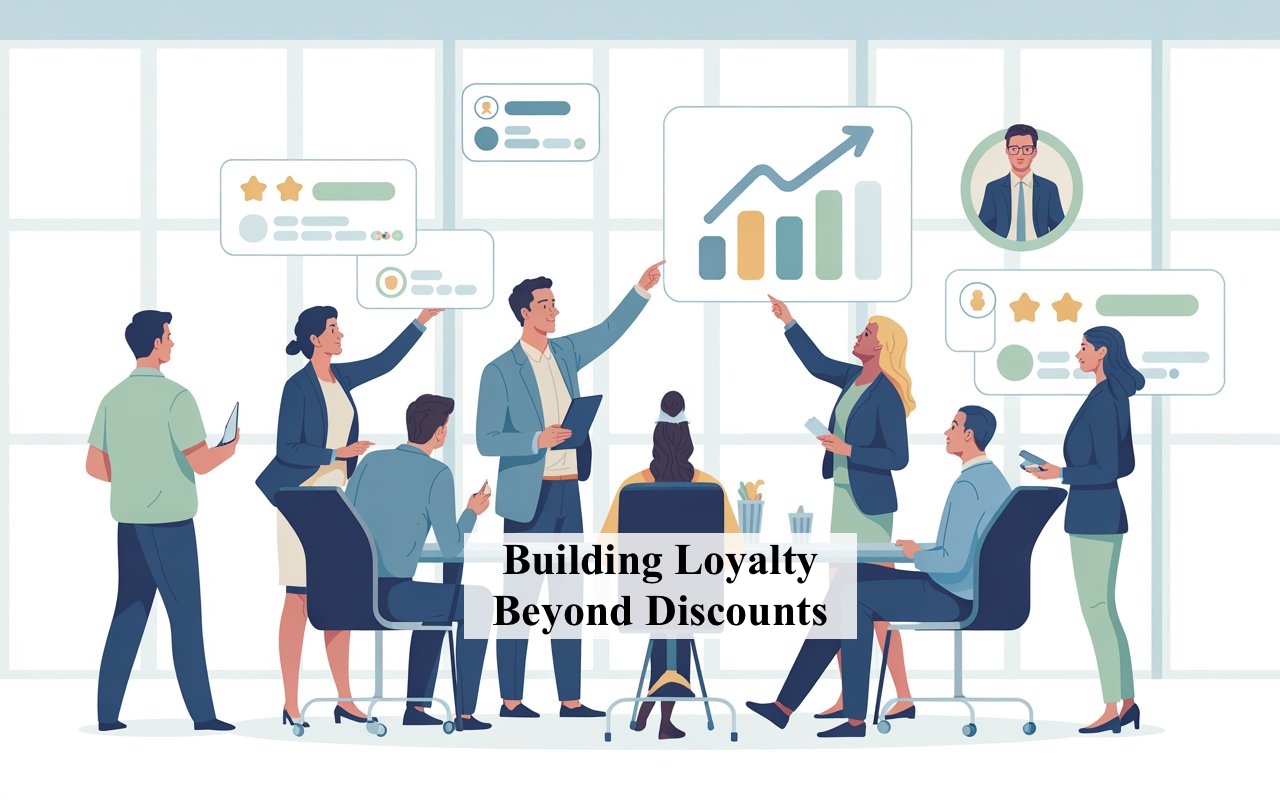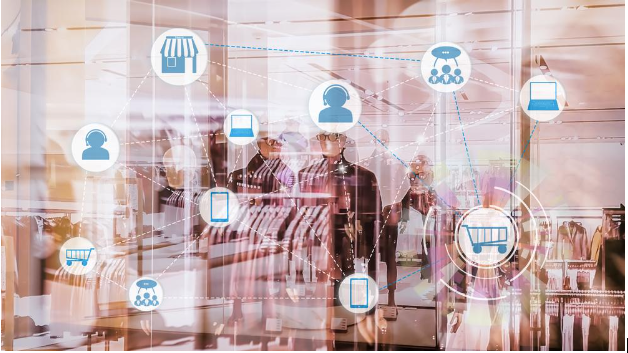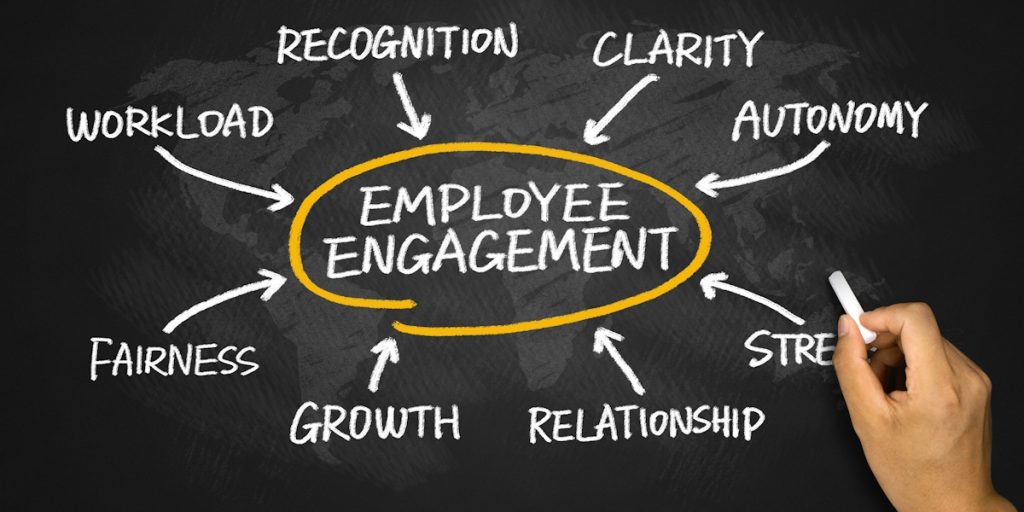Many B2B companies make the mistake of thinking discounts are the ultimate way to retain customers. While price reductions may provide a temporary boost in sales, they rarely build long-term relationships. Customers attracted solely by discounts can switch to competitors the moment a better offer appears. Relying only on discounts can also erode profit margins, making it harder to sustain growth.
The true value lies in creating meaningful connections with your clients through strategies that go beyond price. B2B customer retention strategies focus on building trust, improving communication, and rewarding loyalty in ways that create long-lasting partnerships. When executed correctly, these strategies enhance customer satisfaction, encourage repeat business, and increase overall revenue.
The Limitations of Discounts in B2B Sales
Discounts can be tempting for both buyers and sellers, but they often fail to create genuine loyalty. Clients may become accustomed to receiving lower prices and develop a transactional mindset, rather than seeing your company as a partner. Over time, this can reduce your ability to negotiate and diminish your brand’s perceived value.
Instead of relying solely on price reductions, companies should focus on strategies that foster deeper engagement. Techniques such as personalized support, recognition programs, and tailored solutions encourage clients to stay for the value they receive, not just the cost savings. These efforts can strengthen relationships, making your business more resilient to competitive pressures.
Building Strong Client Relationships
One of the most effective ways to retain clients is by focusing on relationship management. Strong relationships are built on consistent communication, understanding client needs, and offering relevant solutions. By investing time in learning what matters most to your customers, your team can anticipate needs and provide proactive support.
A Best B2B Loyalty Program is a powerful tool in this regard. It rewards customers for continued engagement and creates a sense of appreciation, which is often more valuable than any discount. Loyalty programs can include recognition initiatives, milestone rewards, or exclusive access to resources that help clients achieve their goals.
The Role of Incentives Beyond Discounts
B2B incentive programs go far beyond simply lowering prices. These programs can motivate clients and employees alike, improving satisfaction and driving growth. Examples include reward points, performance-based bonuses, or exclusive offers tailored to individual client preferences.
By implementing well-structured B2B incentive programs, businesses can encourage consistent engagement and demonstrate that loyalty is recognized and valued. Incentives also offer measurable ROI, helping you track success and adjust strategies over time.
Aligning Your Strategy With Business Goals
For maximum impact, your initiatives must be aligned with broader business objectives. A strong B2B loyalty strategy ensures that retention efforts support growth, profitability, and client satisfaction.
An effective strategy addresses client pain points, identifies opportunities for engagement, and sets measurable goals. By linking loyalty programs, incentive initiatives, and relationship-building efforts to business outcomes, companies can create a sustainable model for long-term success.
Engaging Clients Through Personalized Experiences
Personalization is key to making B2B clients feel valued. Tailoring your communication, offers, and services to meet the unique needs of each client enhances satisfaction and builds trust. Simple actions, such as customized reports, dedicated account management, and personalized recognition, can make a significant difference.
When combined with a strong B2B loyalty strategy, personalization ensures that clients see real value in maintaining the relationship. This approach fosters loyalty that is resilient to competitors’ offers and reinforces your reputation as a client-focused business.
Measuring Success and Adjusting Your Approach
Tracking the effectiveness of your retention efforts is crucial. Metrics like repeat purchase rates, program engagement levels, and client feedback help you understand what works and what needs improvement.
B2B companies should continuously refine incentive programs, loyalty initiatives, and relationship-building strategies based on measurable outcomes. By doing so, businesses can maintain strong connections with clients while maximizing ROI.
Conclusion
Discounts alone are not enough to retain clients in the B2B space. Focusing on relationship management, personalized experiences, and structured incentive programs creates a more sustainable path to loyalty. By implementing effective B2B incentive programs, aligning your efforts with business goals, and rewarding engagement thoughtfully, companies can build stronger, long-lasting partnerships that drive growth and profitability.
Could Your Incentive Programs Be Driving More Engagement And Loyalty?




